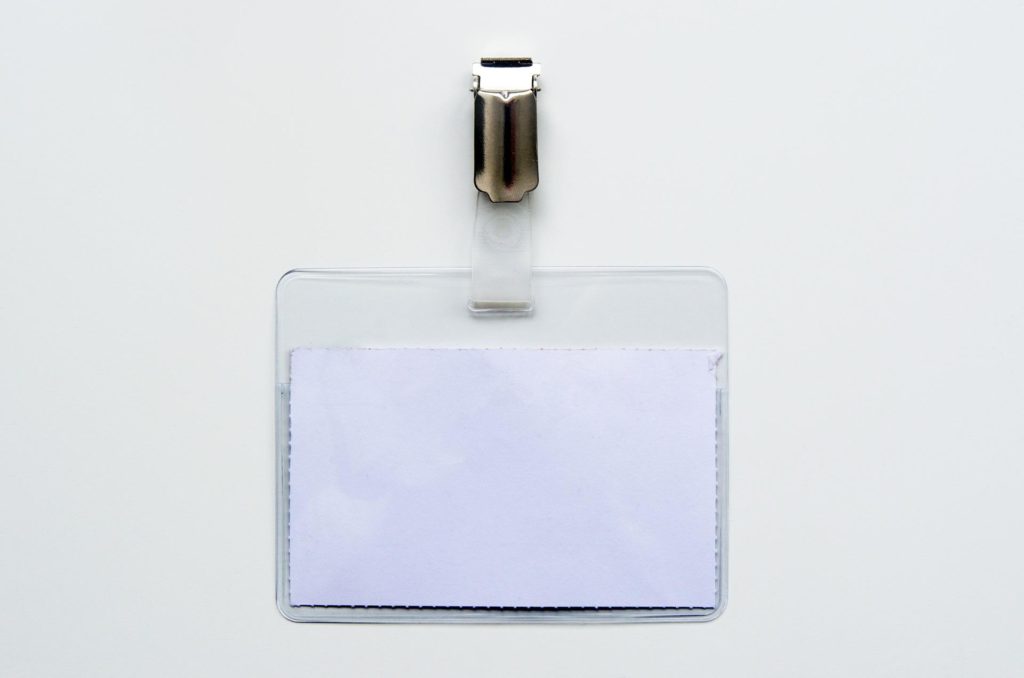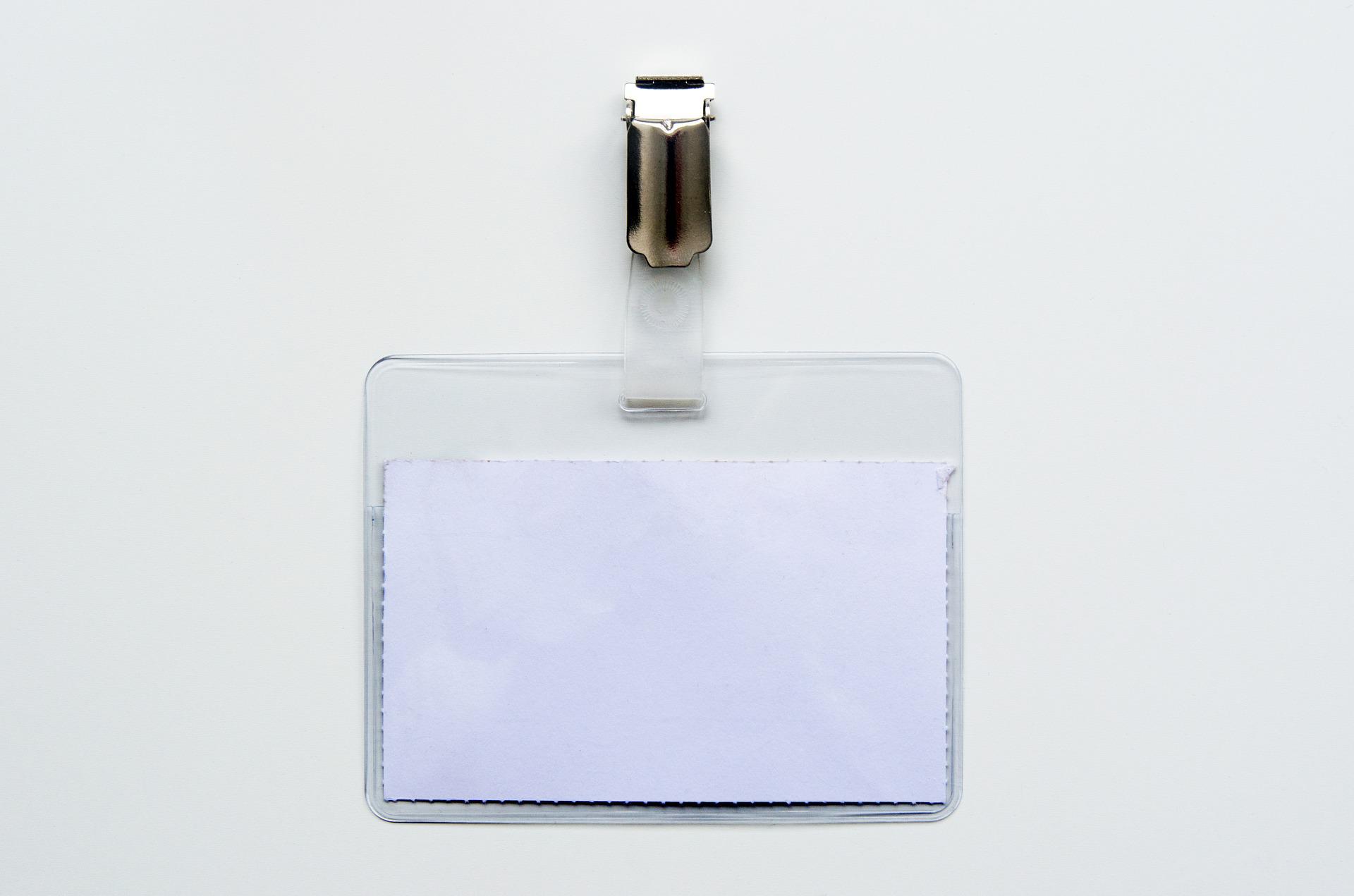Is It Obligatory to Change One’s Name after Accepting Islam?
Is It Obligatory to Change One’s Name after Accepting Islam?
- Manners
- September 29, 2022
- 9:34 am
Question

Questioner
Answered By
Answer
As-Salamu Alaykum wa Rahmatullahi wa Barakatuh.
In The Name of Allah, Most Gracious, Most Merciful.
All Praise and Thanks are due to Allah, and peace and blessings be upon His Messenger.
In response to the question, Dr. Ali Al-Halawani, Assistant Professor of Qur’anic Sciences, says,
Dear John, Thank you very much for your inquiry.
We need to agree on a few key points before we can answer your question.
First and foremost, a name is a significant symbol that distinguishes one person from another. As a result, everyone desires a good and commendable name.
It is narrated from Abu ad-Dardaa’ in Sunan Abu Dawoud that he said: The Messenger of Allah (PBUH) said: “You will be called on the Day of Resurrection by your names and the names of your fathers, so choose good names for yourselves.”
“Names are like vessels; they carry and contain the meaning of that name,” explained Ibn al-Qaiyym.
Second, some reverts believe that changing their names to Arabic names is required. This, however, is permissible but not required. Changing one’s name was uncommon during the Prophet’s (PBUH) lifetime, and only a small percentage of Companions who accepted Islam did so. As a result, there is no requirement to change one’s name, though there are some exceptions that will be discussed further below.
When Should a Person’s Name Be Changed?
In most cases, names should be changed in two situations:
- It has a meaning that runs counter to Islamic teachings.
For example, if someone’s name is ‘Abd al-Masih (slave of the Messiah) or ‘Abd an-Nabi (slave of the Prophet) (slave of the Prophet). These names should be changed because only Allah Almighty deserves to be worshipped and no one else.
Furthermore, names commonly associated with faiths other than Islam, such as “Christian” or “George,” should be changed.
Besides, if the revert’s name includes an attribute that only Allah possesses, such as “Ar-Rahman,” this should be changed as well. This is due to the fact that such names or attributes are unique to Allah Almighty and should not be used by anyone else.
- If the name has a negative or evil connotation.
This category encompassed the vast majority of instances in which the Prophet (PBUH) requested that his honourable Companions change their names. Names such as Harb (war) and Huzn (sadness) were replaced with Silm (peace) and Sa’id (happy). The name al-Muddaji’ (the one lying down) was also changed by the Prophet to al-Munba’ith (the active one).
According to Prophetic reports, one of ‘Umar ibn al-Khattab’s daughters was named ‘Asiyah (disobedient), so the Prophet (PBUH) changed her name to Jamilah (beautiful). (Muslim Sahih)
Furthermore, the Prophet (PBUH) changed the names of entire lands or geographical locations. For example, a land was known as ‘Afrah (arid) before he changed it to Khadrah (Green land); a valley was known as ad-Dalalah (misguidance) before he (PBUH) changed it to al-Huda (guidance).
Given this, changing a name that does not contradict Islamic teachings or have a negative meaning is neither required nor recommended. This is not to say that a name change is prohibited. Someone changing their name for no reason is permissible, but not required.
If changing a person’s name in official documents causes him significant distress or harm, changing it among family and acquaintances will suffice.
What About Surnames?
The Prophet (PBUH) said: “Whoever calls himself by other than his father’s name, will be cursed by Allah, the angels and all the people.” (Ibn Majah).
The Prophet (PBUH) also said: “Whoever claims knowingly to belong to someone other than his father will be denied Paradise.” (al-Bukhari & Muslim)
According to these narrations, it is critical to attribute one’s lineage to one’s biological father. Although changing one’s first name is permissible, concealing or changing one’s ancestry is not.
To summarise, a revert may change his name only if it contains a forbidden meaning according to Islamic Law. It is also legal to change one’s name if it is offensive or grotesque. Above all, whether one’s name was an Arabic name or a foreign name, permissible or forbidden, changing one’s name is not a requirement for the validity of one’s reversion to Islam.
Allah Almighty knows best.
Related Answers

Can I Be American and Muslim?
As an American Muslim, you will find a special way for yourself to practice Islam and have your own unique Islamic personality.

Non-Muslim; Can I Pray as Muslims Do?
In the mosque, and ideally speaking, you will meet pious people, witness many acts of charity, and find the light of belief

Women’s Right to Attend Mosque
During the Prophet’s lifetime and the era of the Muslim guided-Caliphs, women used to go to mosques and perform congregational prayers



